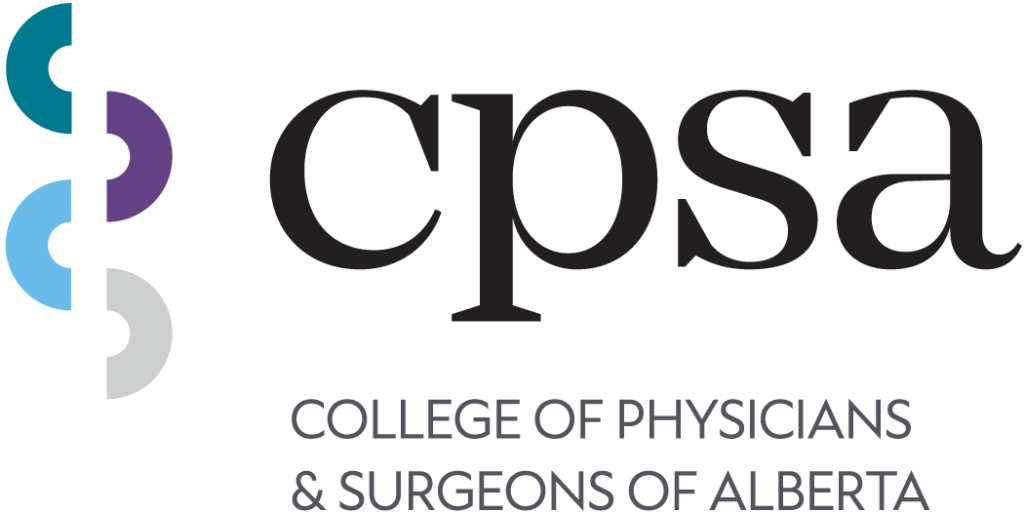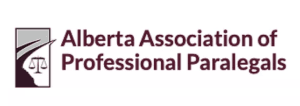Are you involved in multi-party consultation or public engagement?
Want to build the skills to bring stakeholders together to find creative solutions?
Earn a Certificate in Consensus Decision-Making.
Developed by the ADR Institute of Alberta, the Consensus Decision Making Certificate Program provides participants with the skills necessary to achieve collaborative decisions through consensus building.
Robyn Jacobsen completed the Consensus Decision Making program and describes how it was fundamental in her development of a strong foundation in collaborative, consensus processes.
“This way of doing business is more than just consultation. It provides a forum for participants to have meaningful discussions and to engage in conflict in a constructive way. Participants can discuss and test ideas without prejudice and then build solutions together… Everyone has a unique piece of the puzzle and everyone’s interests are addressed, creating shared ownership and buy-in to the final agreement.”
Robyn Jacobsen
Read more about her experience on our blog.
Who should take this program?
- All those who are currently involved in or may be involved in multi-party consultation processes as a stakeholder.
- People new to the consensus process or other forms of collaborative decision making.
- People who want to learn the skills necessary for participating effectively in a consensus process who may want to go on and learn how to manage or lead consensus processes.
- Oil & Gas representatives who actively engage with citizen groups
- NGOs seeking to build collaborative relationships with other NGOs (specifically Board members and Executive Directors)
- Land Use Planners
- Professionals whose work focuses on public engagement
- Government regulators whose work requires them to consult and collaborate with industry and the public
- Forestry representatives who are involved in developing forestry management agreements
NOTE: The CDM course is predominantly, though not exclusively, for students who do not plan on pursuing mediation as a practice. Individuals looking to become a mediator specializing in multi-party mediations should follow the mediation training stream by taking National Introductory Mediation and the Multi-Party Mediation specialized training course.
What does the Certificate Program entail?
- The Certificate in Consensus Decision Making program is made up of two courses: Communications in ADR and Consensus Decision Making. Taken together, students will develop a set of skills that go beyond facilitation towards actively working with parties to come to consensus.
- Learners must successfully complete both Communications in ADR and Consensus Decision-Making in order to receive the Certificate in Consensus Decision Making.
- While it is not necessary to complete Communications in ADR before Consensus Decision Making, it is highly recommended in order to fully benefit from the Consensus Decision Making course.
- ADRIA membership is required to take ADRIA courses and to register in our Program Certificates.
- There is continuous intake into this Certificate Program (you can start with either of the courses).
- Full attendance during each module is required.
- Students can expect 30-45 minutes of homework each evening of the course.
- The program must be completed within three years (two is recommended).
- What are the benefits of Consensus Decision Making?
- Forge agreement among diverse groups.
- Solve complex issues with a range of concerns and interests.
- Compel people to develop creative outcomes that are mutually acceptable to everyone.
- Opportunity to integrate economic, social, community and environmental interests for truly sustainable outcomes.
- Decisions are more likely to be implemented, tend to be longer lasting, more sustainable than other forms of decisions.
Jay White, the President & CEO of Aquality Environmental Consulting Ltd. in Edmonton, reflected on the Consensus Decision Making course.
“Every aspect of my day to day business interactions have been improved by this course. In particular, Critical Skills for Resolving Conflict was eye-opening, and quite frankly, life changing. The Four Tongues and Four Ears/Listening for Understanding is something I use every day and reference often. I have referred my staff to most of the modules in the course. Overall, the most important lesson I learned was to listen for understanding, and speak to be understood.”
Jay White
Read more about his experience on our blog.
Learning Format
This course includes lecture, class discussion, role-playing, and small group work. The Consensus Decision-Making Certificate Program is a two part program:
- Communications in ADR forms the foundation of healthy communications skills.
- Consensus Decision-Making will develop your theory and skills in the consensus decision-making process. Throughout the course, students will have the opportunity to learn theory as well as practice the skills they’ve learned through role plays.
What will I learn?
Consensus building involves bringing interested stakeholders together to find creative solutions and a shared commitment to implement those solutions. The objective of this certificate program is to help others develop skills in consensus building.
In the Consensus Decision-Making course, students will:
- Complete an internal and external assessment to conclude if a consensus building process is feasible and what prerequisites might be required.
- Explore the Five Stage Model of Consensus Decision-Making (CDM) in depth and practice implementing the model in role-play.
- Explore how the Five Stage Model of CDM is used to increase the participant’s ability to make more informed decisions and to achieve ‘win-win’ solutions.
- Gain an understanding of CDM and how this process may be similar or different from that of other decision-making processes.
- Gain an understanding of the connection between consensus building, and consensus decision-making.
- Gain an understanding of the terms used within CDM.
- Identify the requirements of a successful CDM process.
- Recognize the benefits of CDM and the myths and challenges associated with CDM.
- Understand and experience the components of the what is required to convene a multiparty consensus decision-making process.
- Understand and implement the procedural conditions necessary for a consensus building exercise.
- Understand how to respond to participants’ resistance to participate.
- Understand the various perspectives and approaches to the evaluation of consensus building processes.
Course Materials
Communications in ADR
Course manual, activity manual, role-plays will be provided. For online courses, students will be given access to the student webpage.
Consensus Decision-Making
Students will be provided all course materials on the first day of class.
Program Fees
|
Communications in ADR |
$2,200 |
|
Consensus Decision-Making |
$2,100 |
Application for Program Certificate
After successful completion of both courses, please email education@adralberta.com to request your program certificate.
Instructor
Bill Diepeveen is the primary instructor for the Consensus Decision-Making course. Bill has over 25 years’ experience in mediating and facilitating highly complex, and often politically charged, disputes. He brings extensive experience dealing with industry, citizen groups, governments, and NGO’s, as well as twenty years’ experience in teaching. He has written extensively on the subject and was awarded the Lionel J. McGowan award by the ADR Institute of Canada for outstanding leadership in the field of conflict resolution.











